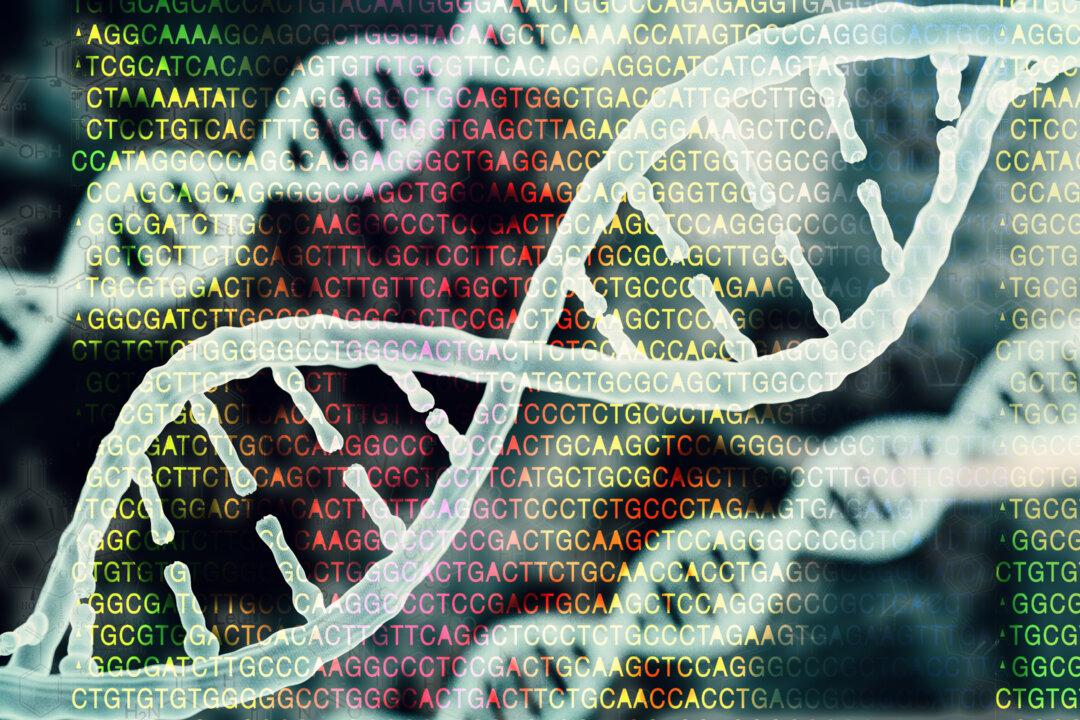You’re one of a kind. It’s not just your eyes, smile, and personality. Your health, risk for disease, and the ways you respond to medicines are also unique. Medicines that work well for some people may not help you at all. They might even cause problems. Wouldn’t it be nice if treatments and preventive care could be designed just for you?
The careful matching of your biology to your medical care is known as personalized medicine. It’s already being used by healthcare providers nationwide.





